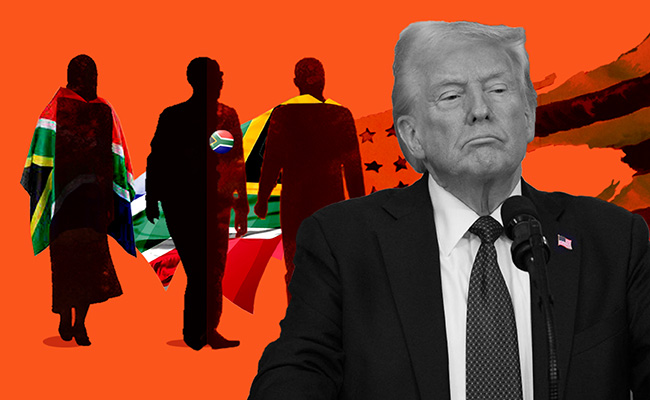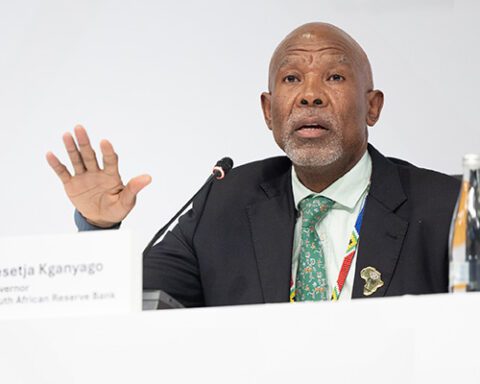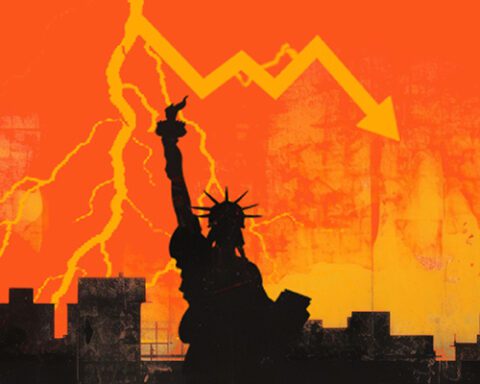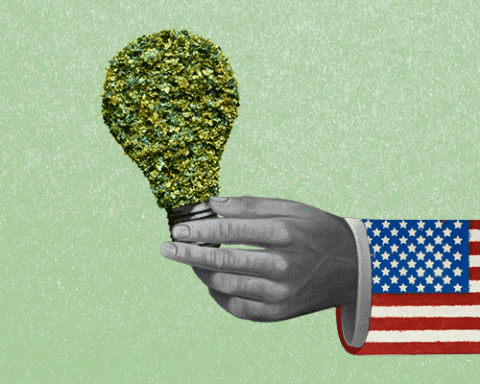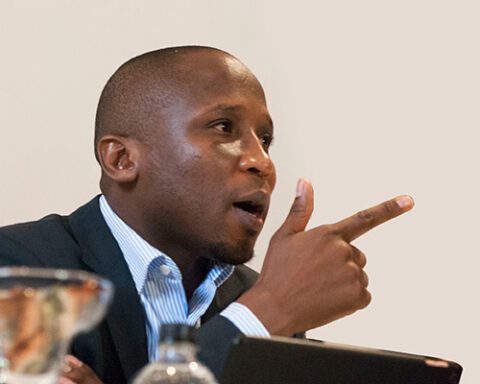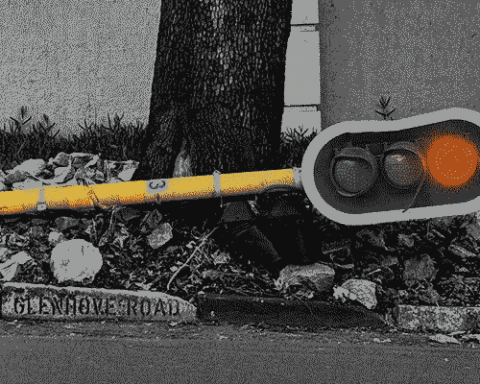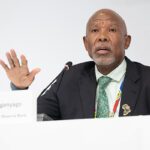It has been a week since President Cyril Ramaphosa announced that a delegation would be sent to the US to defuse growing tensions. While the team has yet to be assembled, speculation abounds about its composition and mandate.
The only guidance Ramaphosa provided at the time was that South Africa did not want to “go and explain ourselves”. Speaking at a conference organised by Goldman Sachs in Joburg, he stated: “We want to go and do a meaningful deal with the US on a whole range of issues.” While he emphasised that the proposed deal could cover trade, diplomatic and political matters, he did not provide specific details.
The comments came in response to one of several executive orders signed by US President Donald Trump targeting South Africa, including the suspension of all US aid to the country. The decision, made on February 5, was driven by two main concerns: South Africa’s Expropriation Act, which permits land seizures without compensation, and its legal actions against Israel at the International Court of Justice.
Since then, tensions have only escalated. The main leg of US support to South Africa fell victim to a broader assault on foreign aid when the President’s Emergency Plan for Aids Relief (Pepfar) was effectively shut down, except for certain essential medical services. The programme had been a cornerstone of US health aid to South Africa for years.
Diplomatic tensions were further worsened when US officials boycotted key G20 meetings in South Africa. Secretary of state Marco Rubio refused to attend the G20 foreign ministers’ meeting in Joburg, and treasury secretary Scott Bessent was absent from the G20 finance ministers’ meeting in Cape Town. His absence contributed to the meeting’s failure to produce a joint communiqué, as disagreements on issues such as climate finance and trade remained unresolved.
Taken together, these events suggest that US-South Africa relations may be at their lowest point in history. The question remains: can a high-level visit to Washington mend the fractured relationship, or is the damage already done?
‘Catching a falling knife’
Martin Kingston, chair of Business for South Africa, believes a delegation could help, but warns that a single visit will not be enough.
“We have to build or rebuild relations across multiple fronts. This is going to take a sustained effort, which means, by definition, that a single group on a single trip is probably not going to be sufficient,” he tells Currency.
One major concern is the potential removal of South Africa from the African Growth and Opportunity Act (Agoa), which grants duty-free access to the US market for eligible Sub-Saharan African countries. Given the Trump administration’s decision to impose sweeping tariff hikes on neighbours like Canada and Mexico, as well as China, Kingston believes the risk to South Africa is significant.
“There are thousands of jobs, particularly in the motor and agricultural industries, at risk. We have to do everything in our power to prevent those job losses,” he adds.
Kingston suggests the delegation should be small, focused, and have an agreed set of key messages. However, organising such a visit and securing meetings with key US officials is a complex task. “There is a risk of trying to catch a falling knife,” he concedes.
Wandile Sihlobo, chief economist at the Agricultural Business Chamber of South Africa, also supports the intervention and believes the delegation should include representatives from the agriculture sector.
“The team should consist of people with authority, and the focus should be: how do we strengthen trade?” he says.
Sihlobo points out that while South African agricultural trade with the US is relatively small, certain sectors are significant. South Africa’s total agricultural exports account for only 4% of its overall trade, with the Southern African Development Community region making up the largest share (40%), followed by the EU and Asia.
He also emphasises that losing Agoa would not halt trade entirely – it would simply mean the end of tariff-free trade, with competitiveness then determining the fate of South African exports.
Preparing the ground
Colin Coleman, businessman, academic and former CEO of Goldman Sachs South Africa, says time “is not on our side right now”, and warns that South Africa needs to act swiftly rather than risk being “a rabbit in the headlights”. This is not the time for indecisiveness.
His preferred approach would be to send a small, high-profile delegation, composed of business and government ministers, one of whom should be the designated presidential special envoy.
“I wouldn’t have more than six people on this delegation – people who would be recognised the moment they walked through the door, with one special envoy who can then be the follow-up person negotiating,” he says.
Coleman believes that the real objective of the delegation should be to prepare the ground for a future presidential-level negotiation that could hammer out a broader deal at the government level.
“There are three key aspects to this,” he explains:
- Domestic politics and its relevance to US politics – including BEE, equity equivalence and similar policies.
- Major foreign policy flashpoints – such as South Africa’s stance on China, Israel and Iran, which are core concerns of the Trump administration.
- Trade and investment – the area where South Africa should focus its engagement with the US.
On the other hand, could South Africa simply lie low and hope to avoid further conflict? Coleman says: “I think that’s a viable strategy – but it’s not a realistic one in my opinion. There’s too much aggravation. Everybody’s irritating everybody.”
He’s warned against South Africa ending up in the same position as Colombia, which recently faced severe economic retaliation from the US for refusing to accept deportees. The US imposed tariff hikes, travel bans, visa cancellations for Colombian officials, and heightened inspections of Colombian nationals and cargo. Ultimately, Colombia backed down.
Says Coleman: “I belong to the school of risk management. Don’t bet on one outcome. Probability weight all scenarios, and plan for each. If there is a 10% probability of a heart attack, you would go immediately to the hospital and get a check up!”
Top image: Carl Court, Pool/Getty Images; Rawpixel; Currency collage.
Sign up to Currency’s weekly newsletters to receive your own bulletin of weekday news and weekend treats. Register here.
